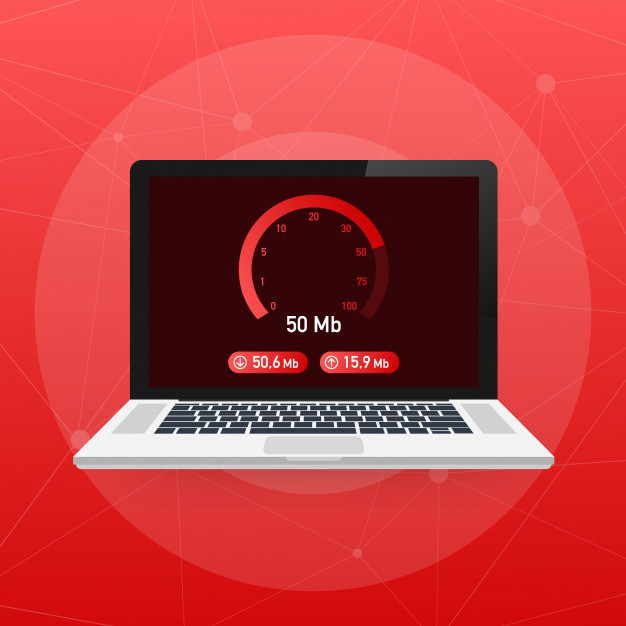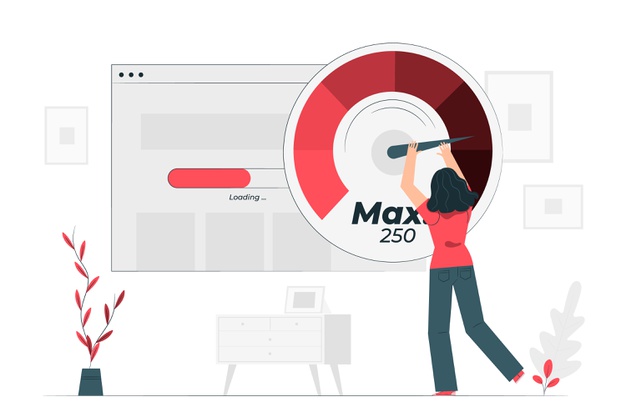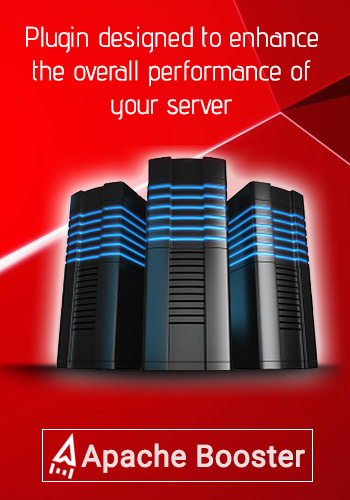
How to Prevent a Server from Hacking | Security Tips
- October 3, 2019
- 0
We all know that protection of servers is of utmost importance, especially from the most notorious predators – hackers. Although one can still not guarantee that a system will permanently be able to be safeguarded, however, we can take certain measures in advance so that the possibility is quite reduced.
Remember that hackers are pure evil. They wouldn’t mind causing you significant harm. If you think that you have got the password of your system and nobody else have it then think again. Your site is always vulnerable, no matter how safe you think it is. The threat intensifies if you have little to no knowledge on how stuff works. If you are into programming, then congratulations! You are already aware and more than half way there.
Those who own a(n) (non-IT) organization will most probably hire programmers as freelancers to create their site and will approach later only if their site or the entire server gets hacked. But before that, most site owners think that their website is safe. The actual thing is, they simply do not get into someone’s radar for quite some time.
How to prevent a server from hacking is quite a big question and has searches in plenty. If you search its answer yourself, you will find millions of others in count who search for the same query. So, let’s dig deeper into this question and find out answer.

How to prevent a server from hacking?
Firewall
Installing Firewall has to be the first thing one should think about. The job of a Firewall is to filter the information that goes in and out of the system. In order to ensure the utmost security it is better not to invest on cheaper ones but only on the reputable one. This is because the cheaper ones would be penetrated by even inexperienced hackers that you wouldn’t want to risk.
Firewalls can not only protect small-scale servers but also several mainframes and other large servers of similar kinds. For the latter types, you will require to contact software security specialist for proper installation.
Choose password cautiously
What mostly baffles security specialists is that, people simply don’t care what their password is. Most of them won’t give it a proper attention unless it’s an e-commerce firm. So, the common ones that developers come across look something like this:
Username: admin
Password: admin or password
Yes, you need to worry even if your site is just a static one containing a few pages of information and blogs. Would you want your server being loaded with unnecessary spam or malicious software? Better to avoid such situation so that your visitors continue to visit the connected sites. Yes, even “pa$$w0rd” or “@dmin” wouldn’t be appropriate. Think harder and come up with the most difficult one.
Updated CMS
CMS sites like WordPress continuously needs to be updated with time. This is because each update contains bug-fixes that also include security-related changes. If a hacker finds out that your CMS site isn’t updated (s)he knows what errors previously were and ways to breach into. And don’t even think that they wouldn’t even know that yours is an old version. Do not underestimate their capability!
Too much of memory space taken
Sometimes there are lots of CMSs installed in the same server containing huge list of directories and back-up files. If any of the file contains old code that has vulnerabilities then the entire server can be unsafe. Say, for example, if there is an old PHP code written that allows a file to be uploaded by itself or gets executed by itself, the associated server is already halfway through the potential misfortune due to exposure of important details.
Write codes with care
Every code that is written should also include exceptions. If that is not there, anyone can find loopholes to access vulnerable information for greater damage. SQL injection and code manipulation through URL or SQL forms are the most common attempts done by hackers if the code does not contain error trappings.
These hackers can also take out passwords of countless customers if the programmer (accidentally or due to lack of experience) stores them in the exact format as fed by the users. This is one of the prime reasons why passwords need to be encrypted in the database. Even if a customer forgets it (and so does the database), a link to reset is sent instead of directly emailing what was previously set.
Hire the most experienced programmers who are already aware of such situations. Although they would be costly to hire, yet worth the investment, especially if you are keeping extremely sensitive data that require several layers of protection.
SSL Certificate
How can one even forget about that? If you are new to understanding the working of technology, Secure Sockets Layer is something you need to know about. This is because its absence will literally cause you huge trouble if someone attempts to visit your site or buys something, and gets his or her vulnerable details exposed.
Do you know many end users are not even aware that there are methods through which they should first check whether the site is authentic enough to make purchases. SSL certificate, if purchased and installed, protects a server and keeps the hackers at bay. But before you make any decision, do not forget to make a thorough research on what’s in the market so as to make an informed decision.
Hide your server’s physical location
If you let the world know about the location of your server, you are actually making a hacker’s life easier to break into the system. Hackers typically have sound knowledge of the network system that they utilize to gain access to whatever they want.
Better yet, hide your geographic locality using VPN. The VPN proxy helps to shield the original IP address and allocates a new one which can be virtually of any geographical region.

Manage uploads
A server should not allow literally each kind of upload that is being done by countless end users. Despite that uploads provide information, one should still keep away those of irrelevant kinds. First, it will prevent a server from hacking, and secondly, it won’t unnecessarily burden the memory. If you hired someone to do this, that person should already know.
Limit access rights
There are several kinds of users who need to have access upon servers but the owner should decide what type of user should be able to access what. If the server is for commercial purpose, limit the personnel who can have authority to use it. The server(s) should also be kept in a locked and cold room whose keys should also be given to those limited personnel only.
By doing this, the probability of threat reduces to many folds. This is because the server administrators who are given access wouldn’t risk their career in making use of the data outside their professional duties.
Do NOT disclose digital info
Hackers just require information as little as IP address. Once they know that, they can conquer your system. Hence, be cautious to whom you provide your server’s Internet Protocol.
The above security tips covered on how to prevent a server from hacking are the most basic ones that everyone needs to learn. For those who are looking for advanced solution will have to consult specialists who have deeper understanding and can provide practical fix to your issues.
ApacheBooster is a software plugin that is installed to improve page speed performance. This cPanel performance booster is a secure way to speed up your server without much concerns. Visit the site’s home page to know more and avail benefits!




